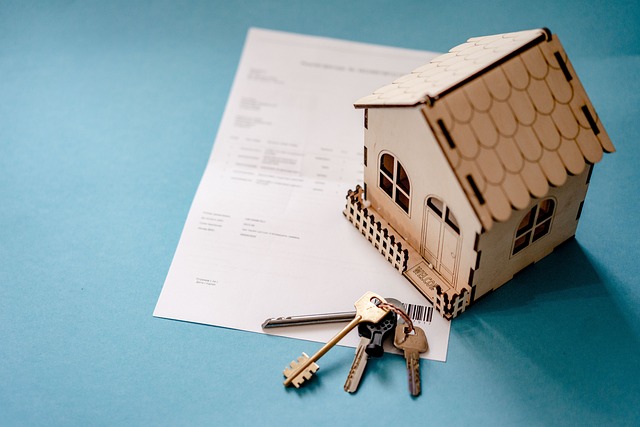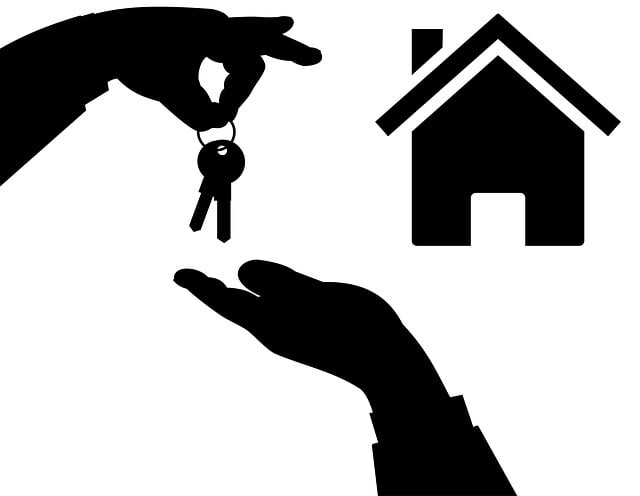Singapore’s dynamic real estate landscape offers a unique blend of housing options, among which Executive Condos (ECs) stand out as a significant and evolving segment. This article delves into the intricacies of ECs in Singapore, tracing their transformation from public to private housing. With a focus on the benefits and eligibility criteria that make ECs attractive to prospective owners, readers will gain insights tailored to navigating the market effectively. Whether you’re considering purchasing or selling an EC, this comprehensive guide serves as your map through Singapore’s property terrain. Keywords: Singapore Ec, ECs in Singapore, real estate landscape Singapore.
- Understanding Executive Condominiums (ECs) in Singapore: A Comprehensive Guide
- The Evolution of ECs: From Public to Private Housing
- Benefits and Eligibility Criteria for Prospective EC Owners in Singapore
- Navigating the Market: Tips for Buying and Selling Executive Condominiums in Singapore's Real Estate Landscape
Understanding Executive Condominiums (ECs) in Singapore: A Comprehensive Guide

In Singapore, Executive Condominiums (ECs) serve as a unique housing option that caters to both upgrading families and investors alike. Unlike traditional public housing, ECs offer a blend of affordability and luxury, with facilities and features comparable to private condominiums. After a certain period, typically 10 years, ECs upgrade to become fully private condos, allowing residents to enjoy the same rights as owners of private properties. Prospective homeowners considering Singapore ECs should understand that they are eligible for housing grants from the government, making them an attractive choice for middle-income families. These grants can significantly reduce the cost of acquisition and ensure affordability without compromising on quality.
When purchasing an EC in Singapore, it’s crucial to be aware of the eligibility criteria. For instance, applicants must not own another flat, either privately or as part of the Matrimonial Property Act. Additionally, they must intend to occupy the EC as their main home for the first five years. The availability of units and the selection of a desirable location are also key considerations. With prime locations often offering scenic views and convenient access to public transportation, Singapore ECs provide an ideal living environment. Prospective buyers should also be knowledgeable about the lease terms, as ECs come with a 99-year leasehold tenure, which is the standard for most condominiums in Singapore. Understanding these aspects ensures that buyers make informed decisions tailored to their lifestyle and financial situation.
The Evolution of ECs: From Public to Private Housing

The Executive Condominium (EC) scheme in Singapore has undergone a significant evolution, reflecting the dynamic nature of the nation’s housing policies and the shifting demographics of its residents. Initially conceived as a hybrid of public and private housing to offer a stepping stone for upgrading from HDB flats, Singapore ECs have become increasingly privatized over the years. These dwellings are now designed with a broader appeal, catering to both young families and seasoned professionals alike. The criteria for eligibility have been refined, allowing more flexibility for applicants, while maintaining the ethos of providing affordable yet quality living spaces. Over time, the ECs have transitioned from being predominantly public-housed units to a more diverse range of housing options that align with the evolving aspirations of Singaporeans. The success of this scheme is evident in its sustained popularity, as it continues to offer a viable pathway for homeownership and wealth accumulation within the vibrant real estate landscape of Singapore ECs.
Benefits and Eligibility Criteria for Prospective EC Owners in Singapore

In Singapore, the Executive Condominium (EC) scheme offers a unique housing option that caters to the needs of both singles and families looking for a step up from public housing but without the high costs associated with private properties. Prospective EC owners in Singapore can benefit from the combination of public and private housing features; these include larger living spaces compared to HDB flats, with facilities such as swimming pools, gyms, and playgrounds often integrated into the development. Additionally, ECs are situated in mature estates or up-and-coming areas, providing residents with convenient access to amenities like shopping malls, schools, and transportation networks. For those considering an EC, the eligibility criteria are clear: applicants must be Singapore citizens at least 21 years old, earning a monthly income of not more than SGD14,000 for a 4-room EC, with higher income ceilings for larger units. Couples are allowed to apply for ECs with an income ceiling of SGD16,000 if they are married with no or two children, and SGD20,000 for families with three or more children. This scheme is designed to offer a progression pathway for the aspirations of home ownership, making it an attractive option for many in Singapore’s diverse housing landscape. Prospective buyers should also take note that after fulfilling the minimum occupation period (MOP) of 5 years, ECs will be enbloc saleable on a voluntary basis, similar to private condominiums, providing owners with another avenue for investment and potential capital gains.
Navigating the Market: Tips for Buying and Selling Executive Condominiums in Singapore's Real Estate Landscape

When considering the purchase or sale of an Executive Condominium (EC) in Singapore, it’s crucial to understand the unique features of this real estate type within the country’s dynamic property market. ECs are a hybrid housing option that offers the benefits of both private condominiums and public housing. They cater to the needs of upgrading families who wish to enjoy condo living without the full restrictions of HDB resale flats. Prospective buyers should familiarize themselves with the eligibility criteria, which include income ceilings and occupancy period requirements before the unit can be sold on the open market as a private residence.
For those looking to buy an EC, it’s advisable to monitor the market trends closely. Prices of ECs can be influenced by factors such as location, unit type, and the maturity of the project. The SingaporeEC market has its own cycles, which may differ from the broader private residential market. Sellers should also be aware that upon satisfying the 5-year minimum occupation period, they can sell their units to Singaporeans or PRs without any restrictions. In contrast, international buyers are only eligible to purchase such properties during the first 10 years of an EC’s existence. With the right knowledge and a strategic approach, buying and selling Executive Condominiums can be both rewarding and profitable, given the right market conditions. Investors should keep abreast of policy changes, as the government periodically adjusts regulations to ensure a stable and sustainable property ecosystem in Singapore.
Singapore’s real estate landscape offers a unique housing solution through Executive Condos (ECs), which bridge the gap between public and private housing. This article has shed light on the intricacies of ECs, from their evolution to the benefits they present for prospective owners. With a clear understanding of the eligibility criteria and market dynamics, buyers and sellers can navigate the EC segment with confidence. As these properties continue to evolve and adapt to the needs of Singaporeans, they remain an attractive option for those seeking a stepping stone into private property ownership. Prospective buyers looking to invest in Singapore Ec should consider the insights provided here to make informed decisions in this vibrant market.
